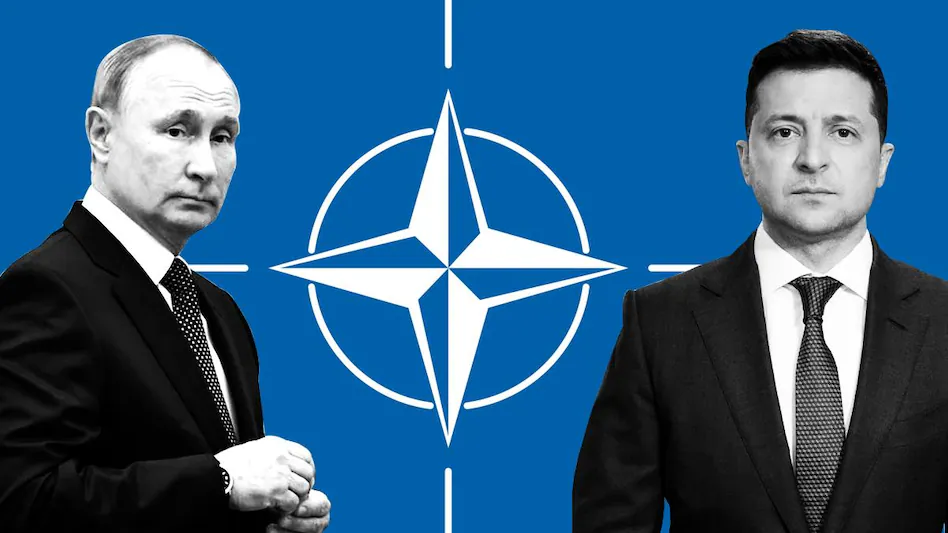The War We Fear- NATO Nations Warn Citizens to Prepare for Nuclear War
As the threat of World War III becomes increasingly accurate, several NATO nations, especially those bordering Russia, are urgently preparing their citizens for possible conflict. Nations like Finland, Sweden, and Norway have begun issuing survival guides and emergency plans to ensure their populations are ready for a worst-case scenario.
Over five million leaflets have been distributed in Sweden, providing essential survival tips and guidance. Meanwhile, Finland has launched a new online preparedness platform, updating its earlier World War II-era survival manual. Norway has also sent out emergency pamphlets advising citizens to be prepared for at least a week of self-sufficiency in an all-out war.
One of the primary concerns is the risk of a nuclear conflict. Denmark has even gone as far as sending emails to its citizens urging them to stockpile food, water, and medications to survive for three days in case of an emergency, including a potential nuclear attack. Finland, which joined NATO last year, updated its crisis preparedness materials as tensions with Russia escalated. Sweden followed suit earlier this year, joining NATO after Russia invaded Ukraine.
♦Also Read| Is Iran’s Supreme Leader Ayatollah Ali Khamenei in Coma
The heightened anxiety stems from recent developments in the ongoing Ukraine-Russia war. Ukrainian forces have fired long-range missiles at Russia, including the US-made Army Tactical Missile System (ATACMS), which has a range of over 300 kilometres. These missile strikes are seen as a significant provocation, with Russian President Vladimir Putin warning that any conventional attack on Russia supported by nuclear power would be treated as an act of war, potentially justifying the use of nuclear weapons.
As these tensions intensify, the threat of a global conflict looms large. NATO allies, including the US, continue to support Ukraine with advanced weaponry, further aggravating the situation. Meanwhile, Russia’s nuclear doctrine has been revised, lowering the threshold for the use of nuclear weapons in response to what it perceives as foreign aggression.
Citizens of NATO nations, particularly those near Russia, are being told to prepare for a possible war that could involve devastating consequences, including nuclear escalation. With the stakes so high, the urgency of these survival plans cannot be overstated. The world stands at a precarious crossroads, and the fear of war is becoming more like a grim reality.

